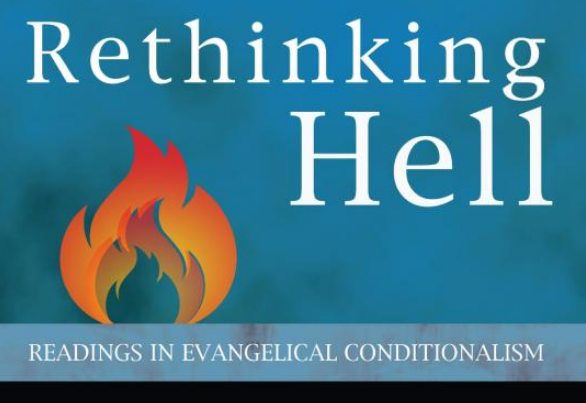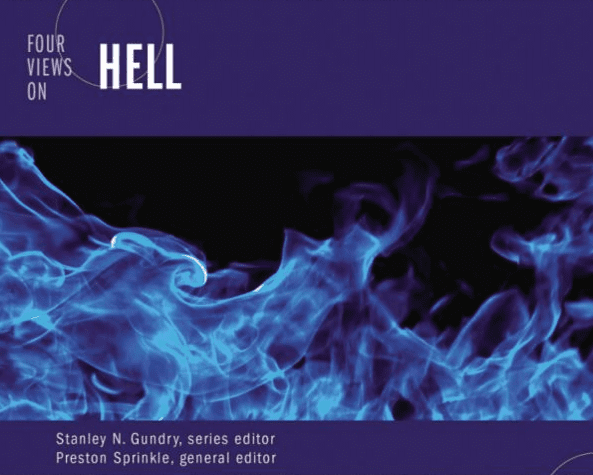 The beat continues, the beat that persists in probing one question: Is ECT (eternal conscious torment) the most consistent view with the Bible and with theology? Or, the beat keeps asking, Is it possible that maybe conditionalism (annihilationism) is the most consistent? I have pushed this topic on this blog a number of times because the books are worthy of consideration and the issues continue to press against what many of us believe. I’m not convinced yet by the arguments of the conditionalists, but I am convinced conditionalism is a legitimate option for those who want their theology anchored in the Bible.
The beat continues, the beat that persists in probing one question: Is ECT (eternal conscious torment) the most consistent view with the Bible and with theology? Or, the beat keeps asking, Is it possible that maybe conditionalism (annihilationism) is the most consistent? I have pushed this topic on this blog a number of times because the books are worthy of consideration and the issues continue to press against what many of us believe. I’m not convinced yet by the arguments of the conditionalists, but I am convinced conditionalism is a legitimate option for those who want their theology anchored in the Bible.
The most recent beat is by C.M. Date, G.G. Stump, and J.W. Anderson, Rethinking Hell: Readings in Evangelical Conditionalism (Eugene: Cascade, 2014), with a potent foreword by the excellent scholar, John Stackhouse, Jr.. A couple clips from John’s foreword:
To this day, I have wondered why Christians prefer — as many seem to do — believing in eternal conscious torment (ECT). [This is a topic in itself, one worthy of someone to take up seriously — with the tools of the social sciences in hand.]
Wouldn’t it be great to be able to believe that God did not keep the damned on a spit, rotating forever in the flames of eternal hellfire?
Wouldn’t it be a relief not to think of the saints getting on with with joyful business of the Age to Come without expending considerable energy trying not to think about their loved ones writing in everlasting agony?
Wouldn’t it be reassuring not to have to try to bend one’s mind and, worse, one’s heart into a shape that could somehow give glory to God for afflicting people forever, that could somehow call majestic what seems obviously monstrous? (xii).
But Stackhouse has enough Bible in his spine to know that “Wouldn’t it’s” will not be sufficient for theology. So he says,
Now, maybe, of course, the traditional view of ECT is right. If it is, if ECT is truly what the Bible teaches, then I’ll do my very best to believe it and teach it. I won’t like it, but that doesn’t matter: I love God and I trust him above my own reason and experience and more intuition. Despite whatever might be the theological sophistication I have acquired over the years, if the Bible says it, I’ll believe it, and that settles it (xiii).
The book collects singular pieces and can be an exceptional textbook for anyone who wants to study this topic seriously. The essays are by Peter Grice, Glenn Peoples, Edward Fudge, Stephen Travis, John RW Stott, Clark Pinnock, John Wenham, BFC Atkinson, EE Ellis, RG Bowles, HE Guillebaud, AC Thiselton, PE Hughes, H Constable, CD Marshall, NG Wright, RG Swinburne, Kim G. Papaioannou, LeRoy E. Fromm, the Evangelical Alliance, Roger Olson and Ben Witherington III.











